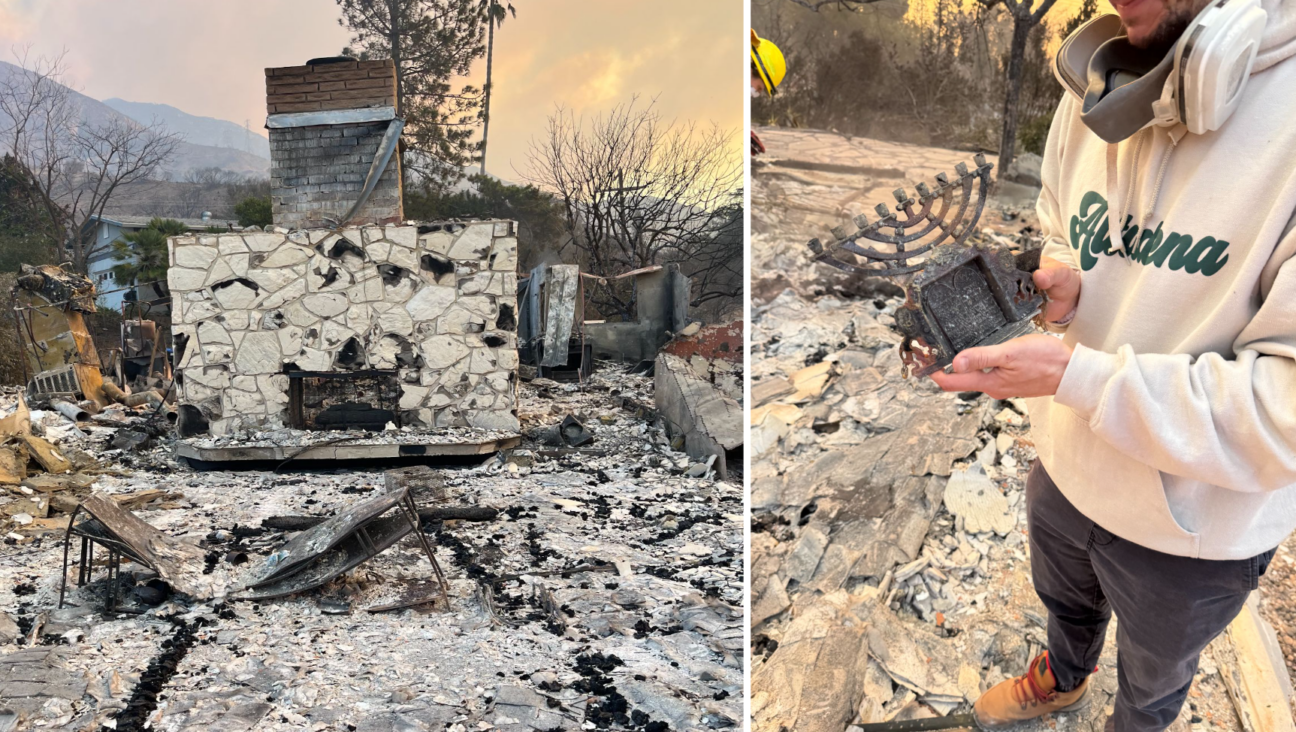Wikileaks Back Israel’s Iran Claims. Sunni Arabs Share the Fear. So Why Don’t They Work Together? Well…
A news analysis by Yaakov Katz in today’s Jerusalem Post makes the very sensible point that the Wikileaks super-dump evidently vindicates Israel’s arguments that the Iranian nuclear project is everybody’s problem, not just Israel’s.
Progressives and isolationists have been claiming more or less since the Iraq invasion in 2003 that the constant brouhaha over an Iranian threat is just Israel and its neocon friends trying to reprise the Iraq mess by pushing for an attack on Iran that would help nobody but Israel, while leaving the rest of the world in an unwanted mess. The Wikileaks documents indicate that Israel’s fear of Iran is widely shared and that whatever the consequences of a possible military strike, it has wider support than you might think.
Katz writes:
For years now, top Israeli political and defense leaders have warned the world that a nuclear Iran is not just a threat to the Jewish state but is a threat to the entire region.
“If only we could say publicly what we hear behind closed doors,” Israeli officials would comment, following off-record talks they held with Arab leaders throughout the Middle East.
Well, now they can. According to one cable published by WikiLeaks on Sunday, Saudi King Abdullah “frequently exhorted the US to attack Iran to put an end to its nuclear weapons program” and to cut off the head of the snake.
According to another cable, King Hamad of Bahrain, a country with a majority Shi’ite population, urged in a meeting with former CENTCOM commander Gen. David Petraeus that action be taken to terminate Iran’s nuclear program. …
Jordan is also cited at some length as eager to see the Iranian nukes stopped. Katz continues:
From an Israeli perspective, therefore, it would not be an exaggeration to say that WikiLeaks may have done the country a service on Sunday. By presenting the Arab leaders as more extreme in their remarks than Israeli leaders, the cables show the dissonance in the region and the danger involved in allowing Iran to continue with its nuclear program.
While there were some comments made by Mossad director Meir Dagan regarding leaders in the Middle East – the emir of Qatar is “annoying,” and the king of Morocco is not interested in governing – that are slightly embarrassing, Israeli politicians were spared the more embarrassing analyses of their personalities that French President Nicolas Sarkozy and Italian Prime Minister Silvio Berlusconi received.
One leaked cable, posted from Dubai in 2008, indicated that Iran was using the Red Crescent Society, Iran’s Red Cross, as a cover to smuggle agents and missiles into Lebanon. Israel has frequently been criticized for accusing Palestinian radicals of using ambulances and hospitals as cover for transporting and storing armaments.
Jeffrey Goldberg (not me) has an interesting post on his Atlantic blog today, pointing to the Wikileaks to refute writers—particularly his pal Andrew Sullivan—who have been claiming that a military attack on Iran’s nuclear facilities is a private fantasy of Israel and the neocons. The cables show Sunni Arab leaders calling for action in terms at least as adamant as Israeli leaders.
Goldberg (again, no relation) takes the point a step further, though. He echoes Sullivan’s “confusion” that Israel hasn’t taken advantage of the Sunni leaders’ shared interest with Israel in stopping Iran to cement a bond with the Sunnis by removing the main irritant, namely the settlements and the larger Israeli-Palestinian conflict. Goldberg writes:
Netanyahu has an opportunity here (and has had it for some time) to build bridges to the Arabs on the most crucial issue of all—Iran—by signaling willingness to make significant compromises on the settlement issue, which he hasn’t done.
Attentive readers could this confounding, since I have often written and spoken about the ignored Israeli interest in making a deal with the Palestinians in order to open a channel to the Saudis and others, and since Jeffrey Goldberg and I share the same last name and first initial, the Atlantic blog might lead some readers to conclude that we are the same person. We’re not.
Also, Goldberg goes on to make a point that I haven’t made in the past:
On the other hand, this Wikileaks treasure trove suggests perhaps that Netanyahu has known all along that the Arab regimes pay lip service to the Palestinian issue while obsessing over Iran.
A message from our Publisher & CEO Rachel Fishman Feddersen

I hope you appreciated this article. Before you go, I’d like to ask you to please support the Forward’s award-winning, nonprofit journalism so that we can be prepared for whatever news 2025 brings.
At a time when other newsrooms are closing or cutting back, the Forward has removed its paywall and invested additional resources to report on the ground from Israel and around the U.S. on the impact of the war, rising antisemitism and polarized discourse.
Readers like you make it all possible. Support our work by becoming a Forward Member and connect with our journalism and your community.
— Rachel Fishman Feddersen, Publisher and CEO
























